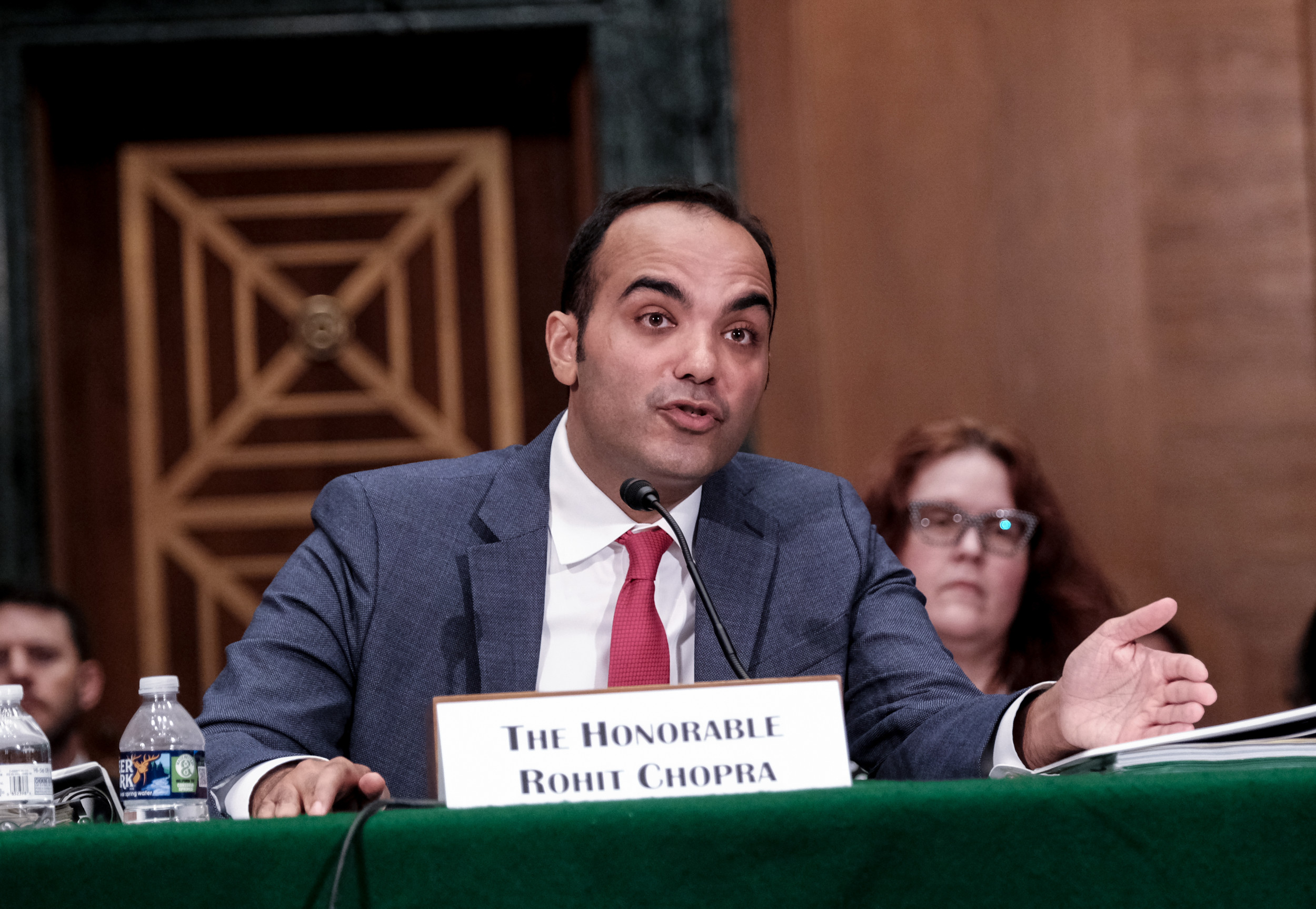
When Jared Kushner stepped before the microphones at the White House on Monday, all of the cable news networks covered his comments live. Meanwhile, the Democrats were struggling to be heard.
The Senate and House minority leaders, Chuck Schumer and Nancy Pelosi, were in Berryville, Virginia, to tout their new economic plan on Monday, and the disparity in coverage points to the opposition party's woes. Can the Democrats break through when the news cycle is so focused on the Russia investigation and a president who dominates headlines and Twitter?
Schumer said the name of their plan, "A Better Deal," was "intentionally chosen to evoke the New Deal," referring to Franklin D. Roosevelt's 85-year-old plan for recovery from the Great Depression. But that kind of nostalgia may be a tough sell, especially in the age of Trump. Democrats have done a lot of poll testing on their new plan, which includes aggressive antitrust oversight to slow the pace of corporate mergers, as well as tax credits for businesses to retrain workers. The research firm founded by Stanley Greenberg, Bill Clinton's pollster, found just 17 percent of Democrats and 22 percent of Republicans in swing districts had a positive view of their economic condition, and it also found them supportive of the Democrats' ideas, which took seven months to hammer out.
So far, the party has seemed united around the economic plan's goals. Senator Elizabeth Warren of Massachusetts has been supportive and was on hand for the event, set in a small rural town less than an hour's drive away—so everyone could get back for a busy day on Capitol Hill. The town is in a swing district held by Representative Barbara Comstock, a Republican and former congressional staffer whom the Democrats hope to oust in 2018. Democratic mainstays such as labor unions have been supportive of the plan, as have moderates like Senator John Warner of Virginia—who was there to back it, too.
The problem for Democrats is less the ideas themselves than the packaging. Despite Schumer having said the party has been too "namby-pamby" in its economic message, the "Better Deal," even if it's composed of respectable Democratic ideas, may seem too bloodless for the Bernie Sanders left and might be too easily lampooned by the Republican right. The Republicans were already portraying it as a tax-and-spend plan, and had jumped on Schumer's comment over the weekend that "single-payer" health care is "on the table." The left lampooned the "Better" construction. Barack Obama's longtime spokesman, Tommy Vietor, called for firing the consultants who came up with it, although to be fair Vietor was commenting on a somewhat different version of the slogan.
In fact, the plan does represent some noticeable shifts for the Democrats and some widely accepted ideas for economic growth—including some that jibe with Trump administration policies, such as investing in infrastructure and promoting apprenticeships. Notably, after a generation of both parties allowing super-mergers to be approved, the Democratic document represents the most skeptical look at mergers from either party in some time. While Donald Trump took a shot at media mergers during the campaign, the Democratic plan expressed wariness not only of deals like the Comcast-NBC-Universal merger approved under the Obama administration, but also involving everything from pharmaceuticals to concert ticketing to sunglasses. These mergers prevent competition and "artificially keep the wages of workers low," said Representative Hakeem Jeffries, who joined the other Democrats on a humid and hot day in the Shenandoah Valley.
The new economic proposals reflect a belief that the Democrats can lure back the Obama-Trump voters who helped swing the 2016 presidential election to Donald Trump, giving the Republican victories in Pennsylvania and Michigan for the first time since 1988. At several junctures since World War II, the Democrats may have had more public support on economic issues, but voters questioned them on cultural issues like the student protests of the 1960s, weakness toward the Soviet Union in the 1970s or crime in the 1980s. Bill Clinton did much to assuage fears of working class voters, then more commonly known as Reagan Democrats, with his support for the death penalty and welfare reform, and by earning the endorsements of police associations and unions.
The Republicans are banking on cultural issues, along with charges of socialism, to be enough to beat back any Democratic plan. That's why the Republican reply to the "Better Deal" included footage of cars being burned by protesters and the comedian Kathy Griffin's distasteful joke involving the severed head of Donald Trump. Those kinds of cultural signposts were enough to help turn the recent special election in Georgia's 6th Congressional District and allow Republican Karen Handel to beat Democrat Jon Ossoff, and they remain a problem for Democrats no matter how many white papers they put out.
Uncommon Knowledge
Newsweek is committed to challenging conventional wisdom and finding connections in the search for common ground.
Newsweek is committed to challenging conventional wisdom and finding connections in the search for common ground.
About the writer
Matthew Cooper has worked for some of America's most prestigious magazines including Time, The New Republic, National Journal, U.S. News ... Read more





